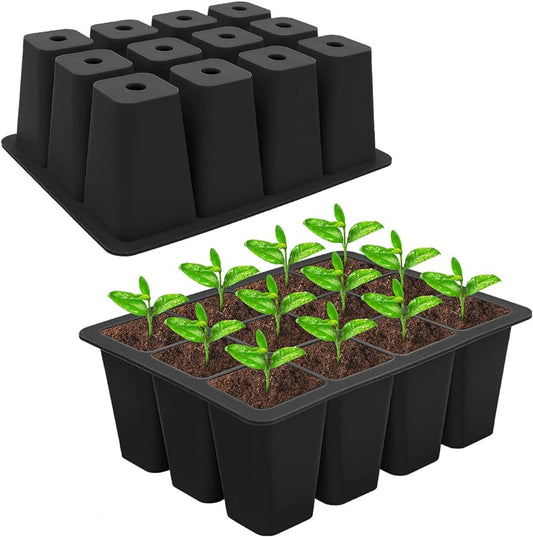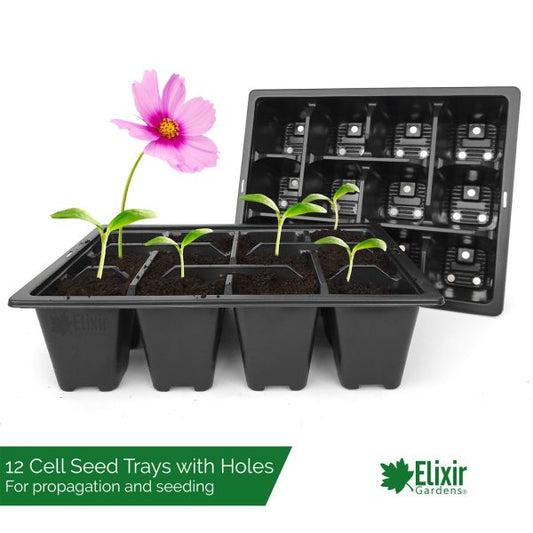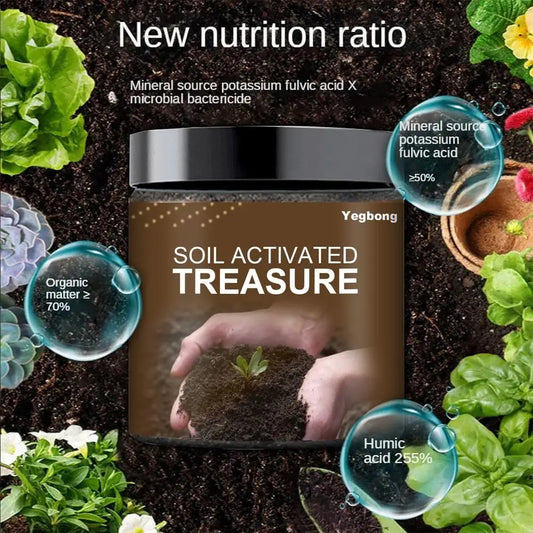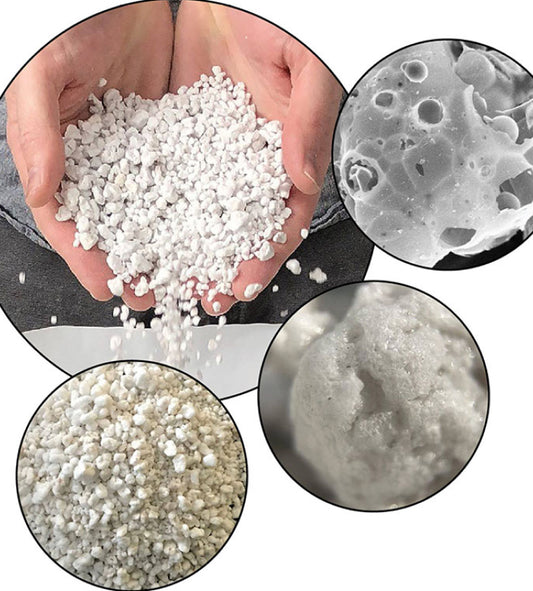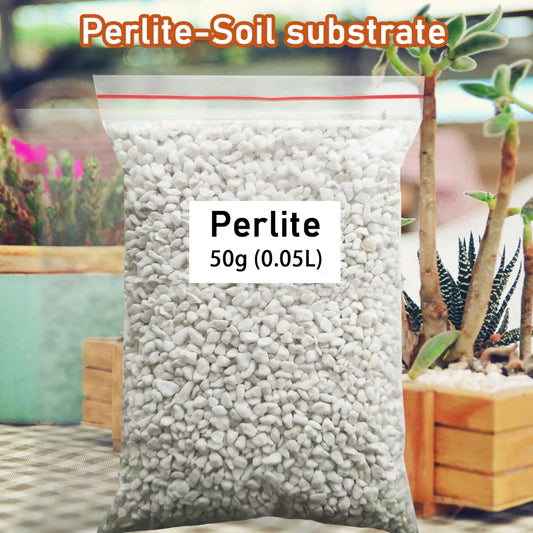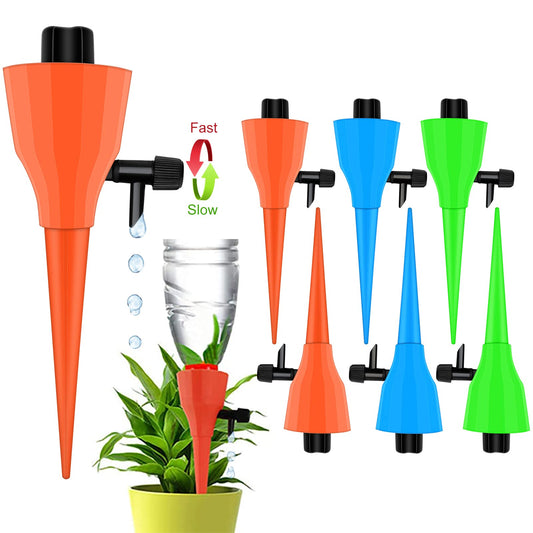Effective Weight Loss with Plant Protein
Each adult should consume about 100 grams of beans or legumes per day to maintain nutrition and lose weight, according to the Nutrition Institute.
Dietary deficiencies and unsafe diets can make the body tired and even increase the risk of chronic diseases. Instead, managing weight with plant protein in general and soy protein in particular should be considered to help the body stay healthy and energized.
In fact, consuming soy-based foods in the daily diet can bring comprehensive health benefits and lifestyle improvements. Junko Ueno, living in Japan, is one of those who embrace the anti-aging secret of this food source.
At the age of 73, this woman is considered a "witch beauty" as she has two sons and three grandchildren but still maintains a slim figure, thick hair, and glowing skin. Besides a positive lifestyle, regular exercise, and diligent facial and body massages, she also follows a healthy eating regime.

Specifically, Junko Ueno tries to avoid fatty foods for dinner to slow down the weight gain process, limits excessive starch intake to maintain her figure and health. She eats three meals with minimal salt and almost no cow's milk, switching to drinking a glass of soy milk every day. According to her, the habit of regularly drinking soy milk can supplement protein and isoflavones for the body, helping her stay slim and healthy.
The key to proper weight management is ensuring the body receives an adequate supply of protein, fiber, and reducing or limiting intake of unhealthy fats as well as salt, sugar... Contrary to popular beliefs about gluten-free, paleo, and low-carb diets, information from the Global Soybean Nutrition Institute suggests that protein-rich foods are beneficial for weight loss.

A plant-based protein-rich diet can aid in weight loss by increasing satiety, leading to a reduction in total calorie intake. Specifically, using high-quality protein like soy protein while trying to reduce body fat is also important to avoid muscle loss.
Regarding the Recommended Dietary Allowance (RDA) for the 20-49 age group, in 2016 the Ministry of Health and the Nutrition Institute provided a ratio of 13-20% of energy from protein/total energy intake, with daily protein intake of 68-69 grams for men and 60 grams for women. Additionally, animal protein intake for this group is recommended at around 30% of total daily protein intake.
Among the plant-based protein sources helpful for weight control, soy-based foods provide higher-quality protein than other plant sources. With many options such as soy milk, soy yogurt, soy cereal, tofu, tempeh..., we can easily consume more soy protein. This diet also ensures healthiness in dieting, vegetarianism, or the Portfolio Diet.

Soybeans, rich in unsaturated fats, beneficial for health, cholesterol-free, and providing high-quality plant protein, can help control weight and reduce excess weight in the abdominal area. According to Dr. Mark Messina, Director of Soybean Nutrition Research, Global Soybean Nutrition Institute, USA, soy protein also promotes muscle mass and strength. He recommends the daily consumption of soy-based foods for adults as 2 servings per day, equivalent to 15-25 grams of soy protein.
















